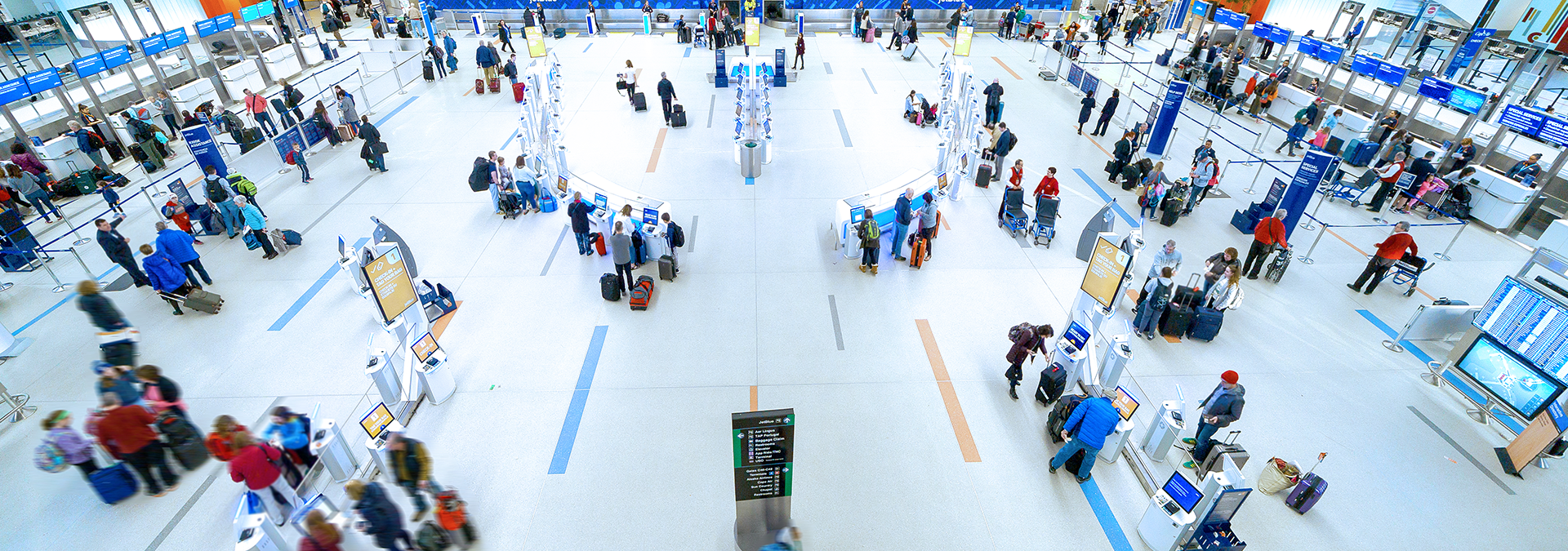
At the Airport
Passenger Services
Whether you are traveling alone or with loved ones, our amenities at Boston Logan International Airport are designed to help improve your travel experience
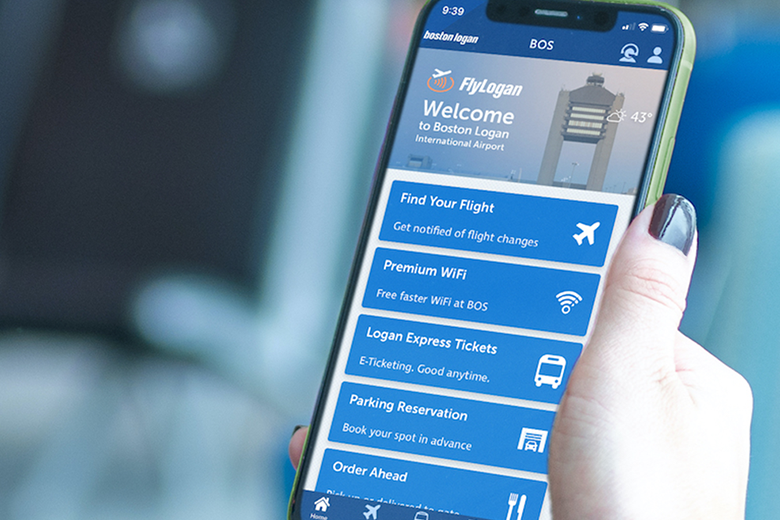
FlyLogan App
FlyLogan, the official app of Boston Logan, is your essential traveling companion with access flight status, maps and premium Wi-Fi right on your phone, as well as other great features.

Step by Step Navigation
Boston Logan’s interactive maps can help you plan for your trip and guide you while you are at the airport.
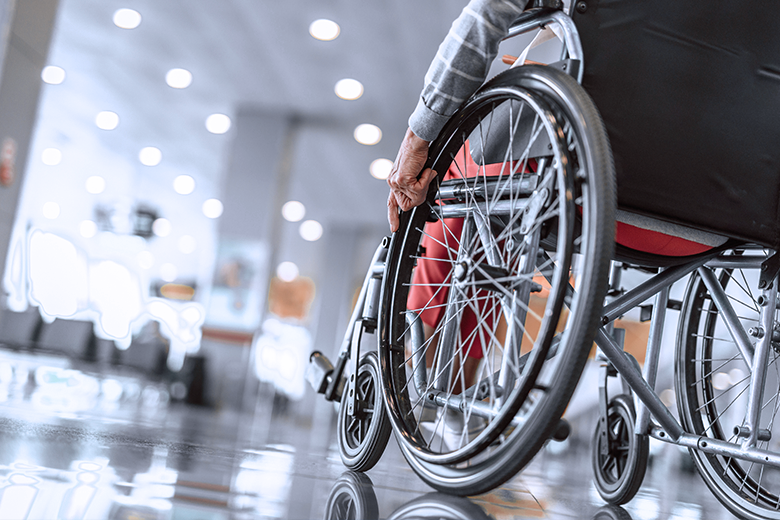
Accessible Travel
Together with our airline partners, we work to provide a comfortable and inclusive experience for every traveler.
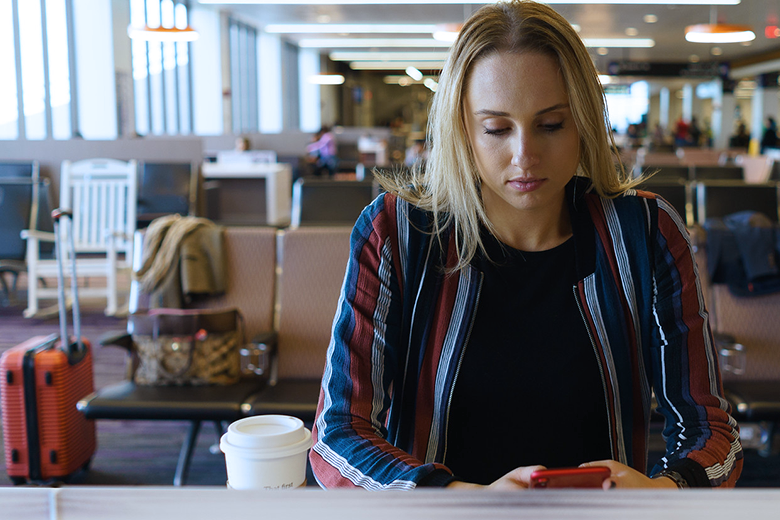
Free Wi-Fi
Boston Logan provides free wireless internet access throughout the entire airport for use with Wi-Fi-enabled devices. To connect, look for our SSID "BOSWifi" and accept the Terms of Service to get online.
Family Travel
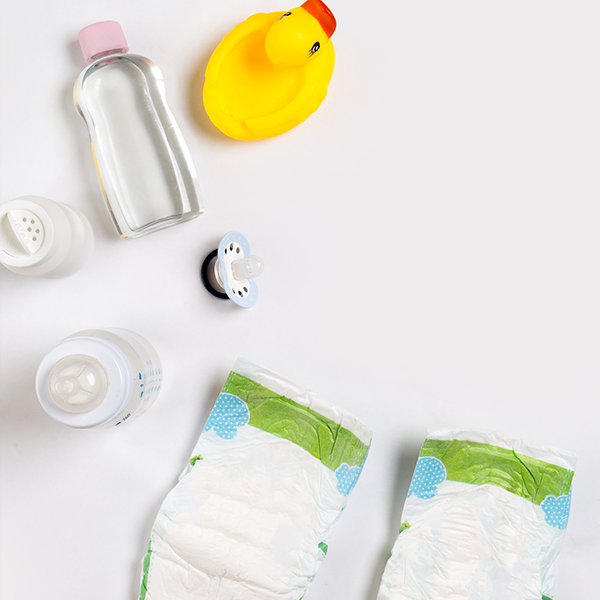
Baby Changing Tables
All men’s and women’s restrooms are equipped with folding baby changing tables.
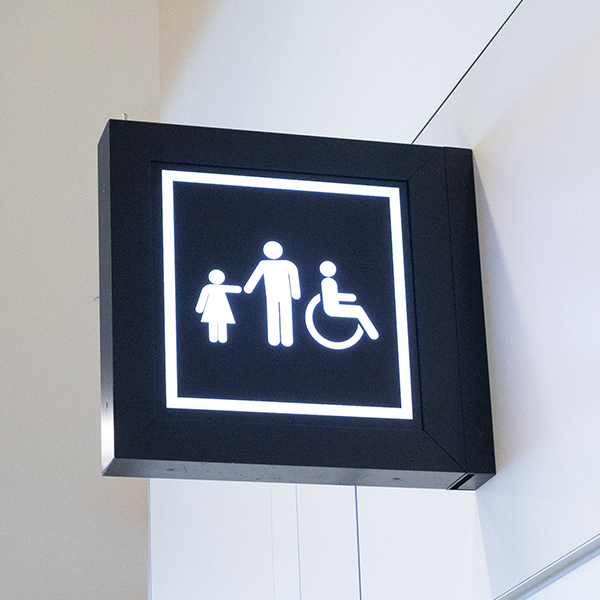
Assisted-Care/Family Restrooms
Assisted-care restrooms are located pre- and post-security in all terminals. Assisted-care restrooms include a toilet, a sink and a folding changing table. Many also include an electrical outlet.
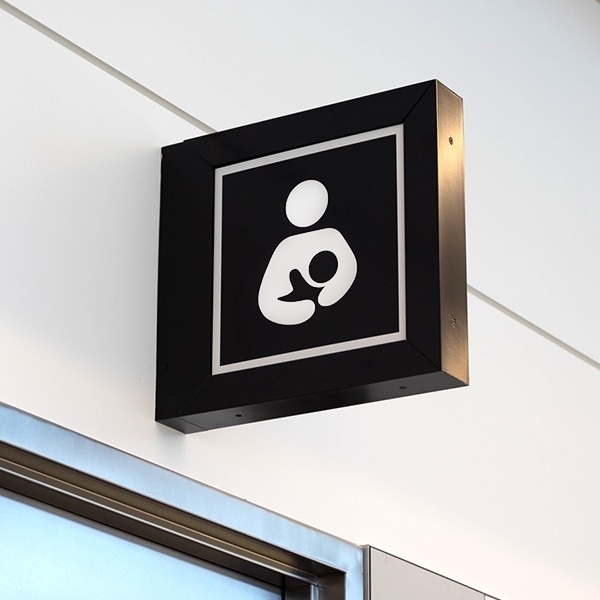
Nursing/Nursery Rooms
Nursing/nursery rooms are available in each terminal at Boston Logan. Nursery rooms include a changing counter, a fold-down seat, a sink or wipes, and many also include an electrical outlet.
Kidport
Boston Logan's Kidport play areas offer fun-filled space for little travelers and give parents and caregivers a place to unwind before or after a flight.
- The Terminal A Kidport is located post-security in the Satellite building by Gate A18.
- The Terminal B Kidport is located post-security in the retail corridor in the direction of Gates B30 to B36.
- The Terminal C Kidport is located post-security in the area prior to Gate C25.
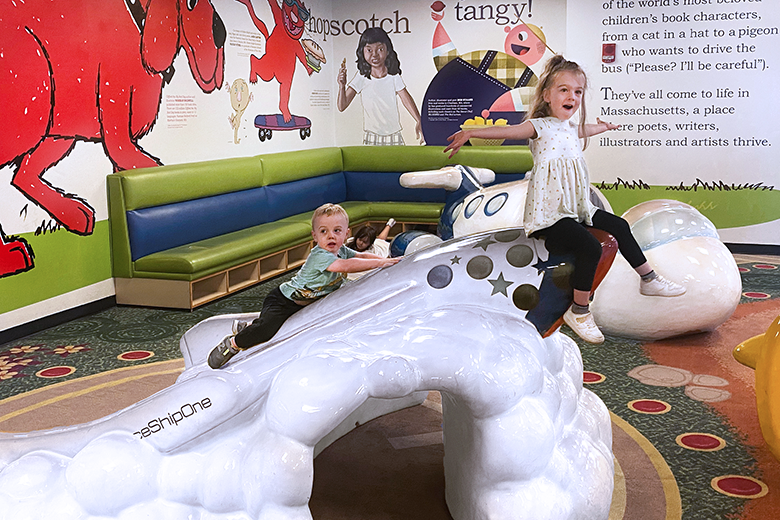
Our Lady of the Airways
Our Lady of the Airways at Boston Logan is the oldest airport chapel in the country, located pre-security on the Arrivals level in Terminal C. The chapel is non-denominational and offers travelers and members of our airport community a place to reflect and pray.

Military Travel
At Boston Logan, we offer a variety of resources to assist members of the military and their families.
Whether you are new to the New England area or just passing through, USO New England at Boston Logan offers active members of the military and their families a comfortable place to relax while you are here.
Hours of Operation
Monday-Friday: 8am-6pm
Saturday-Sunday: 8am-5pm
Location and Contact Information
USO Terminal C
(Located on the lower level past the American Airlines Credit Union and toward the hallway to Terminal E)
Phone: 617-561-1634
Email: newenglanduso@uso.org
Amenities at this USO Location
- Food & Beverages
- Beverages
- Coffee & Tea
- Snacks
- Rest & Relaxation
- Children’s Play Area
- Lounge
- Toiletries
- Services & Information
- Information Desk
- Local Information
- Transportation Information
- Travel Maps
- Multimedia & Gaming
- Board & Table Games
- DVD & Blu-ray Player
- Playing Cards
- TV & Cable
- Xbox 360
- Connectivity
- CAC Readers
- Charging Stations
- Computers & Laptops
- Desks & Work Areas
- Printers
- Wi-Fi
Military Meet and Greet Program
Customer service agents assist families in welcoming their loved ones home or saying their goodbyes to those on active deployment.
Additional Resources:
- Free rides on Logan Express buses for active-duty members of the U.S. military.
- Admission to airline lounges or other military benefits vary by carrier; please check with your airline for more information.
- The Transportation Security Administration (TSA) provides accommodations for U.S. military personnel, including information on security screening and packing tips.
- Massport works with the larger airport community to ensure members of the military get the appropriate assistance when needed.
Traveling with Pets
Please check with your airline and the TSA regarding policies on traveling with pets before flying. If you’re traveling with your pet as a carry-on or transporting them via cargo, they should be crated or secured in a holder at all times in the terminal. Trained K-9 teams from the Massachusetts State Police and the TSA are working throughout the terminals, so we ask that all pets remain crated or in holders while in the airport
Animal relief areas are located in each terminal post-security, and on the Arrivals-level curb outside of every terminal. Please see our interactive map for each location.